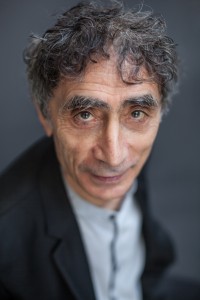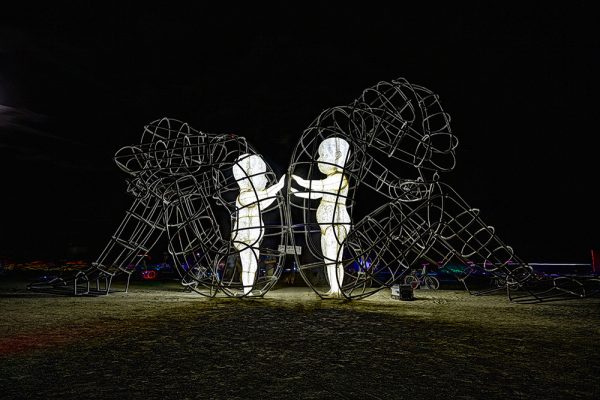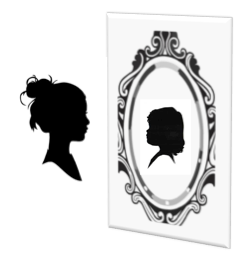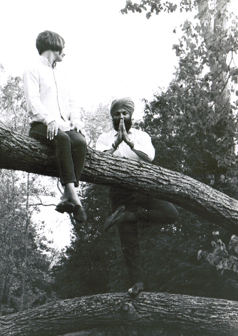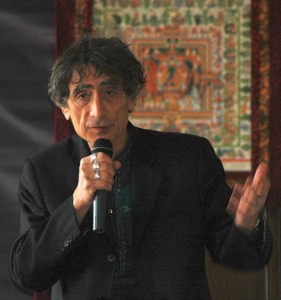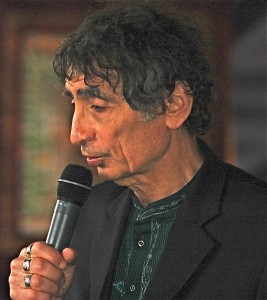Yoga and Addiction

I am not a stranger to the struggle of addiction or the trauma and negative thought patterns that it typically stems from. I’ve been affected by and intrigued with this limited realm of the human mind and the mysterious ability we can have of disassociating from our (true) selves to fill an unmet need or emptiness despite the consequences. It beguiles me how we can be in a state of constant maneuvering towards some sense of perceived safety, with the capacity for both truth and denial, often expressed simultaneously. We’re masters at this, while often yearning for compassion and a sense of belonging to ourselves and those we love. In my search and experience I have discovered that Yoga can be a pivotal tool in healing from addiction. It’s an exciting …

